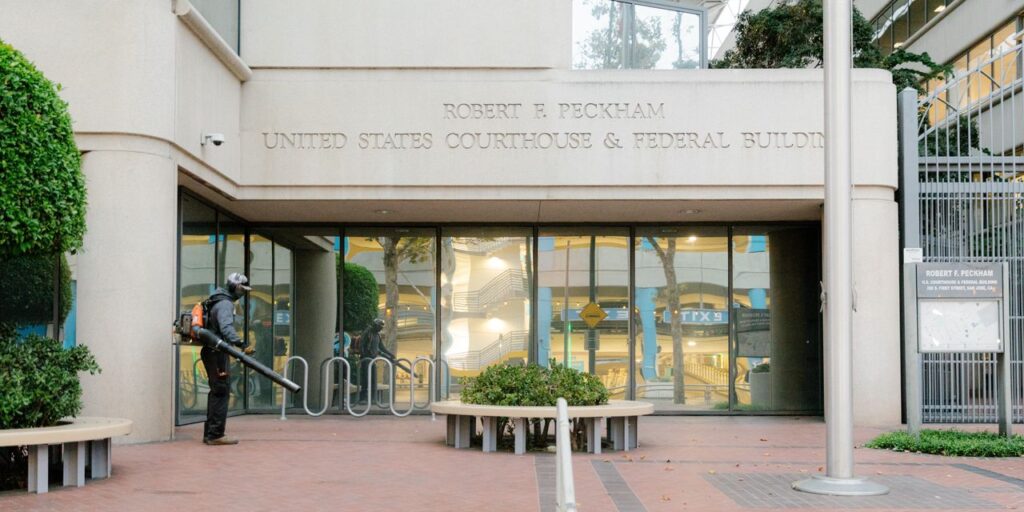Understanding Total Facilities Management: A Comprehensive Guide
Total Facilities Management (TFM) is a comprehensive strategy that integrates all facility management services into a single contract, under a single supplier. This meant to streamline services, reduce operational time and costs, and improve the quality of life for people in the workplace.
What is the Purpose of TFM?
The primary purpose of TFM is to ensure that all facilities and infrastructure within an organization are well-maintained and functional. It aims to maximize efficiency and safety while minimizing costs. This is accomplished by coordinating and managing a wide range of services under one provider. This can include cleaning, security, landscaping, utilities, and building maintenance.
TFM is often provided by a third-party service provider that specializes in facilities management. Bona Fide Conglomerate offers TFM in a range of services that can be customized to meet the specific needs of a client. This approach is used in commercial, industrial, and institutional settings, such as government buildings, hospitals, and universities. But it can also be used in residential settings, such as apartment buildings or housing associations.
What are the Advantages of Total Facilities Management?
Single Point of Contact
A key convenience of TFM is that it provides a single point of contact for all of the management services. This simplifies communication and coordination, saving time and effort that would otherwise be spent on dozens of phone and email messages for separate tasks.
Cost-Effectiveness
TFM is a cost-effective solution that reduces the hassles of managing individual contractors. It minimizes duplication of operational costs and eliminates non-value-added tasks, such as rework due to inefficient and inexperienced service providers.
Flexibility
TFM is flexible and adaptable to changing environments. It can be customized to meet the specific needs of every building, making it a versatile solution for facilities management.
Performance Tracking
With TFM, organizations can track the performance of all the various services provided, allowing for necessary adjustments and improvements. This serves accountability and documentation purposes, contributing to overall business efficiency.
Improved Business Efficiency
TFM boosts employee morale by ensuring that all properties are in good condition and that the health and safety of the employees are not compromised. This leads to increased productivity and overall efficiency of the organization.
Security of Business Operations
TFM helps safeguard business operations by ensuring that all assets and facilities are well maintained and potential damages are prevented. This is particularly crucial for government agencies and contracting officers, where the smooth running of operations is most important.
Consistency
With TFM, a sole supplier guarantees the delivery of an equal level of quality in all services provided. This consistency contributes to the smooth and efficient running of business operations.
In conclusion, Total Facilities Management is a comprehensive and efficient approach to managing the maintenance, operation, and repair of facilities and infrastructure. It offers numerous benefits. It’s cost-effective, efficient, and tightens the security of business operations. For government agencies and contracting officers, understanding and implementing TFM can lead to smoother operations, reduced costs, and improved service delivery.

